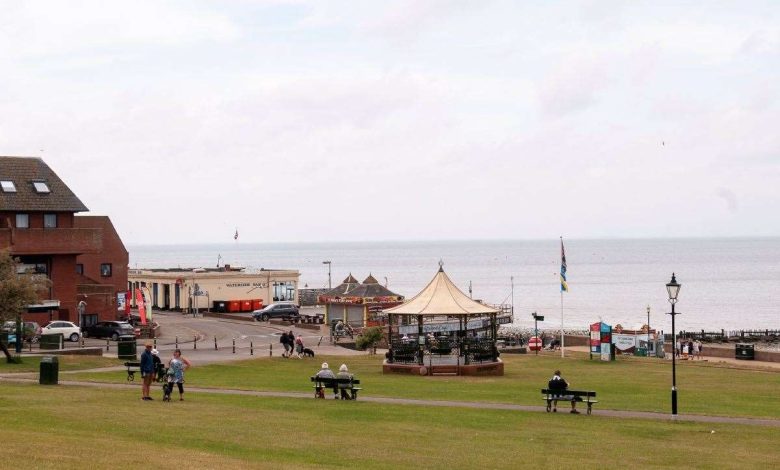Two men face trial after denying using counterfeit notes in Hunstanton shops last summer

Counterfeit Case Unfolds Along Norfolk Coast
In a case that has rattled local businesses in Norfolk’s coastal communities, two Leicester men are set to face trial after pleading not guilty to multiple charges of passing counterfeit banknotes. David McCarthy, 29, and Wesley Faver, 25, appeared before Norwich Magistrates’ Court on Friday, where they formally denied all charges against them. The men stand accused of using fake currency at various establishments in Hunstanton and surrounding areas during August and September of last year, targeting a diverse range of businesses from charitable organizations to essential services like pharmacies. This case highlights the vulnerability of small businesses and charities to sophisticated counterfeit operations, with both defendants now awaiting their December 5 trial date while in custody.
The alleged counterfeit scheme appears to have been methodically executed, with prosecutors claiming the pair specifically targeted smaller establishments less likely to have advanced counterfeit detection equipment. According to court documents, McCarthy of Goodwood Road and Faver of Langley Gardens face 20 identical charges each, suggesting a potentially coordinated effort. Local business owners in Hunstanton have expressed concern about the economic impact such crimes have on their community, particularly for charity shops operating on thin margins to support vital causes. The case has prompted renewed vigilance among local merchants, with many investing in additional training and equipment to detect fraudulent currency.
Court proceedings revealed that the alleged offenses took place primarily during the busy summer tourist season when businesses along Norfolk’s coastline experience their highest volume of transactions. This timing potentially allowed the suspects to blend in among the influx of visitors while passing counterfeit notes. The range of businesses allegedly targeted – from butcher shops to supermarkets – demonstrates the indiscriminate nature of the operation. Both defendants maintained their innocence throughout the hearing, with their legal representatives indicating they would mount a robust defense when the case proceeds to trial in December, challenging the prosecution’s evidence and witness testimonies.
The case has drawn significant attention from local residents and business owners in Hunstanton, a seaside town that relies heavily on seasonal tourism and local commerce. Community leaders have expressed frustration that charity shops, which support various humanitarian causes, were among those targeted. These organizations, often staffed by volunteers and operating with minimal security measures, may have been seen as particularly vulnerable targets. Police have used this case to launch a broader awareness campaign about counterfeit currency detection, hosting workshops for small business owners throughout Norfolk’s coastal communities to help prevent similar incidents in the future.
The investigation that led to McCarthy and Faver’s arrest reportedly involved extensive cooperation between Norfolk Constabulary and Leicestershire Police, demonstrating the cross-jurisdictional nature of currency fraud. Investigators pieced together evidence from multiple locations, including CCTV footage, witness statements, and forensic analysis of the counterfeit notes themselves. The magistrates’ decision to remand both defendants in custody until their trial date reflects the seriousness with which the court views these allegations. Financial crimes of this nature not only harm individual businesses but can undermine public confidence in cash transactions more broadly, creating ripple effects throughout local economies.
As the December 5 trial date approaches, both prosecution and defense teams are preparing their cases, with the outcome likely to set important precedents for how similar crimes are prosecuted in the region. Legal experts note that counterfeit currency cases can be complex to prove beyond reasonable doubt, requiring definitive evidence linking defendants to the creation or knowing distribution of fake notes. The case also raises broader questions about the security features of British currency and the resources available to small businesses for detecting sophisticated forgeries. Whatever the verdict, this case has already served as a stark reminder of the ongoing challenges businesses face in verifying the authenticity of cash in an increasingly digital economy, particularly in tourist-dependent communities like those along Norfolk’s picturesque coastline.









**mitolyn reviews**
Mitolyn is a carefully developed, plant-based formula created to help support metabolic efficiency and encourage healthy, lasting weight management.
Thank you for your sharing. I am worried that I lack creative ideas. It is your article that makes me full of hope. Thank you. But, I have a question, can you help me?